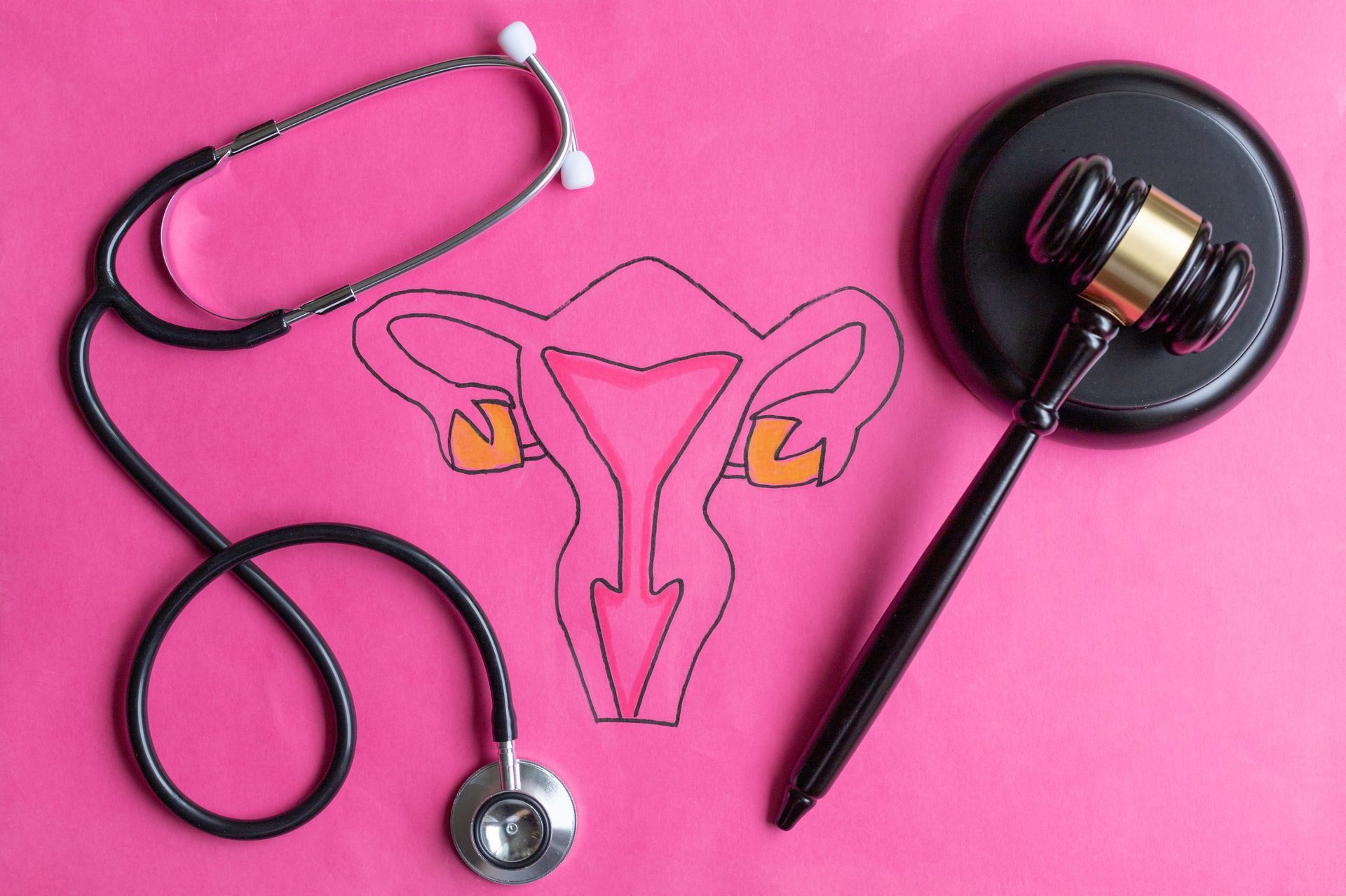Arizona Abortion Laws and How They May Impact Sex Crime Cases

The reversal of Roe v. Wade in 2022 forced many states, including Arizona, to review their abortion laws. Roe v. Wade was a case that resulted in a Supreme Court ruling in 1973 that enshrined a woman’s right to abortion in precedent for decades. The overturning of the ruling left many Arizonans with questions about the state’s laws on abortion, what they are and how they might impact both doctors and victims of sex crime.
What Is Arizona’s Law on Abortion?
Some states had modernized abortion laws on the books that would go into effect if Roe v. Wade was overturned. Arizona was posed to return to an 1864 pre-statehood law that banned all abortions from being performed unless the mother’s life was at risk with no exceptions being made for victims of sexual assault.
Under this law, doctors who performed abortions could be penalized and face two to five years in prison. The previous Supreme Court stance on abortion prevented this older law in Arizona from being enforced.
Since the territory era law on abortion, there have been more recent state level laws regarding abortion that complicate the issue and allow doctors to perform abortions with certain restrictions. These restrictions allow doctors to perform abortions:
- Until and up to 15 weeks (about three and a half months) of pregnancy.
- If the pregnancy places the mother’s life or health at risk. The restrictions also require abortion seekers to receive state-directed counseling 24 hours in advance of their abortion as well as undergo an ultrasound.
What Does This Mean for Victims of Sex Crimes or Domestic Violence?
It is still unclear if exceptions will be made for victims of sex crimes or incest, but Maricopa County Attorney, Rachel Mitchell has made a statement that she will not prosecute victims of sex crimes if they choose to terminate a pregnancy.
Newly elected Arizona Attorney General Kris Mayes’ campaign made it clear she would not prosecute medical practitioners for providing abortions. Her decision not to challenge the 15-week ruling from a state Court of Appeals at the start of her term essentially put an end (for now at least) to confusion regarding which AZ abortion laws took precedent.
Governor Katie Hobbs has been open that she wants to do away with the 15-week restriction, but it’s unclear whether she will be able to garner adequate public or state congressional support to do so. An effort to put forth a ballot initiative that would have enshrined the right to abortion in the Arizona constitution failed to receive enough signatures for inclusion in 2022. She has indicated she will continue to push for it on 2024 ballots.
The Governor’s Office of Youth, Faith and Family have an extensive list of resources for victims of sexual crime.
What Is Considered a Sex Crime?
Sex crimes or sexual assault is broadly defined as instances where violence occurs during sexual performance or when one or more parties did not or cannot consent to sexual acts. An inability to consent can refer to someone being below the legal age of consent or refer to a lack of mental capacity for consent. Sex crime can also be defined as a crime involving a sexual motive. Revenge porn is considered a sex crime.
Public indecency or behavior in a public place that is considered lewd or sexually inappropriate may also be considered a sex crime.
Sex crimes often carry severe penalties for convicted individuals and can have a long-term impact even after a prison term or parole has been served. Individuals convicted of sex crimes may have to register as a sex offender and have difficulty finding employment and housing.
What Is the Sentencing for a Sex Crime in Arizona?
Individuals convicted of sexual assault may face five to fourteen years in prison for rape and longer sentencing for cases involving children. Offenses committed against children may carry sentences in prison that last 13 to 27 years.
Individuals who have been convicted of a sex crime in Arizona may also have to register on a nationally public registry as a sex offender.
Sexual Assault Criminal Defense Attorney in Arizona
Sexual assault is a reprehensible act, but there are instances of wrongful prosecution. If you have been charged with a sex crime or with sexual assault, it is vital that you get help from an experienced criminal defense attorney. Conviction of a sex crime can be a humiliating experience that can follow you for the rest of your life. Contact The Law Office of Michael Alarid III to request a case evaluation.



